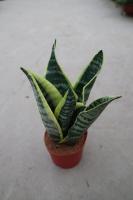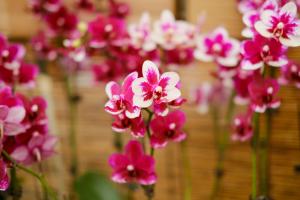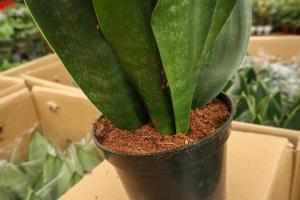Understanding Heirloom Plants
Heirloom plants are not your everyday vegetables and flowers. These are plants with a history, a legacy, and a story to tell. In simple terms, an heirloom plant is any non-hybrid plant variety that has been passed down through generations within a family or community. These plants are known for their unique characteristics, superior taste, and adaptability to a specific region.
What Makes Heirloom Plants Special?
Unlike the commercial varieties that are genetically modified for specific traits such as disease resistance, yield, or shelf life, heirloom plants are naturally diverse and have evolved over time to adapt to their surroundings. These plants are open-pollinated, which means that they have been cross-pollinated by bees, wind, or other natural means, leading to a diverse gene pool.
Furthermore, heirloom plants have unique flavors, colors, textures, and aromas that are not found in common commercial varieties. For instance, heirloom tomatoes have a sweet, juicy, and full-bodied flavor that is hard to find in commercial tomatoes. Similarly, heirloom varieties of beans, peas, and corn have distinctive colors and flavors that make them a favorite among gardeners and food enthusiasts alike.
Why Grow Heirloom Plants?
Growing heirloom plants has several advantages. Firstly, they are easy to grow and maintain, given their adaptability to local conditions. These plants are often more disease and pest-resistant since they have evolved over time to withstand local conditions. This means that you don't need to use harsh chemicals or pesticides to grow them, making them more environmentally friendly.
Secondly, growing heirloom plants is a way of preserving the world's biodiversity. By growing and saving seed from heirloom plants, gardeners and farmers can maintain the genetic diversity of our food crops, preventing the loss of valuable traits that may be required in the future.
How to Start Growing Heirloom Plants?
Starting a garden with heirloom plants is simple, and it all begins with choosing the right seeds. You can find heirloom seeds at seed exchanges, online stores, local nurseries, and farmer's markets. Choose seeds that are adapted to your growing region, and make sure that they are not genetically modified or treated with chemicals.
Once you have your seeds, prepare the soil by adding compost, organic fertilizer, and minerals. Heirloom plants require good soil to grow, so it's important to ensure that the soil is rich and has adequate drainage. Also, make sure that your garden gets plenty of sunlight, and water your plants regularly.
Conclusion
In conclusion, heirloom plants are not just an ancient relic, but a valuable resource that can help us maintain our food security, biodiversity, and cultural heritage. By growing heirloom plants, we can help preserve our natural environment, support local farmers, and enjoy the unique flavors and tastes of plants that were once loved by our ancestors. So, go ahead and start growing your own heirloom plants. You may just fall in love with them!

 how many times do yo...
how many times do yo... how many planted tre...
how many planted tre... how many pine trees ...
how many pine trees ... how many pecan trees...
how many pecan trees... how many plants comp...
how many plants comp... how many plants can ...
how many plants can ... how many plants and ...
how many plants and ... how many pepper plan...
how many pepper plan...






























